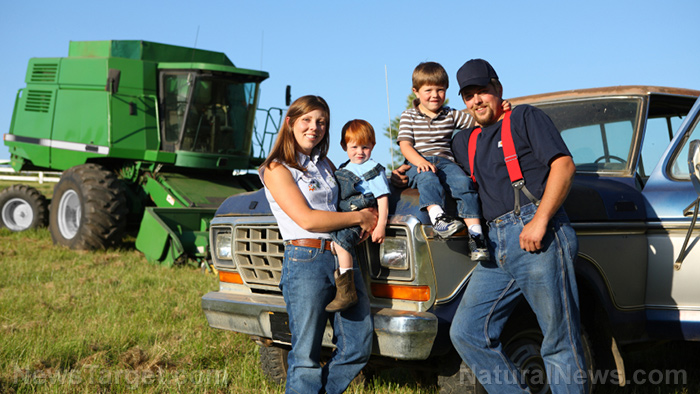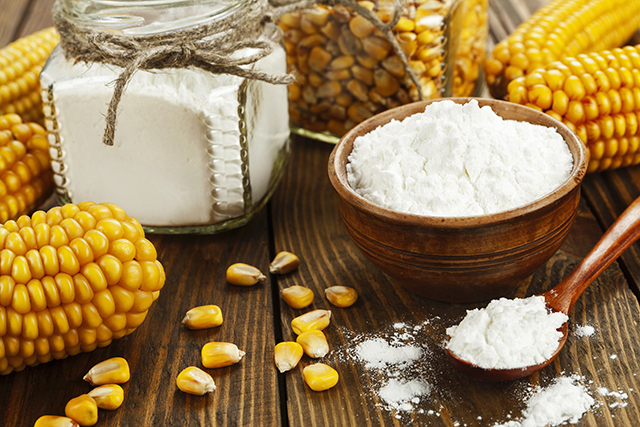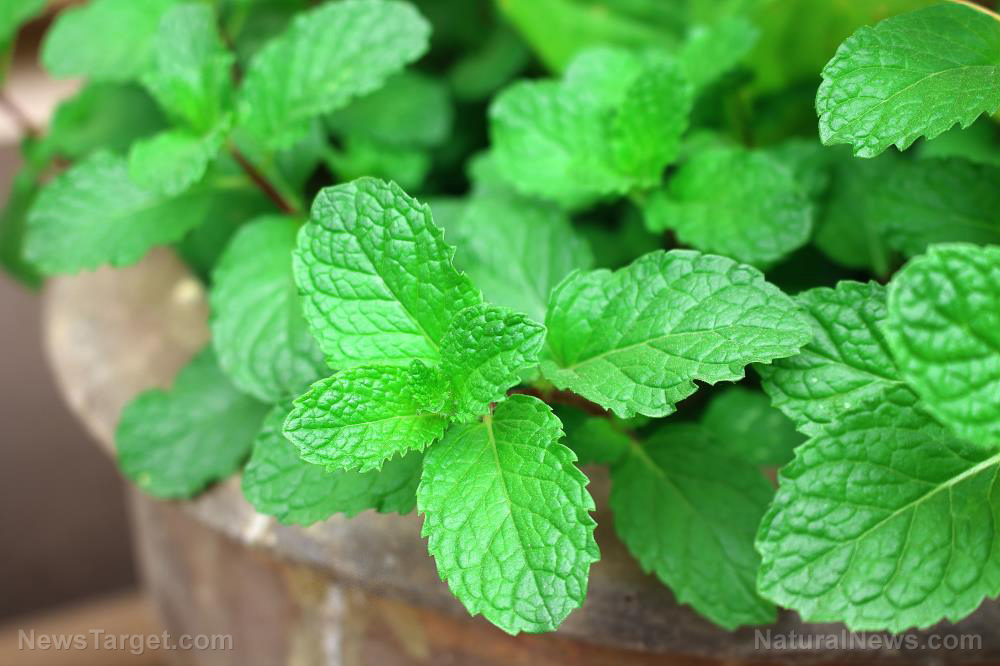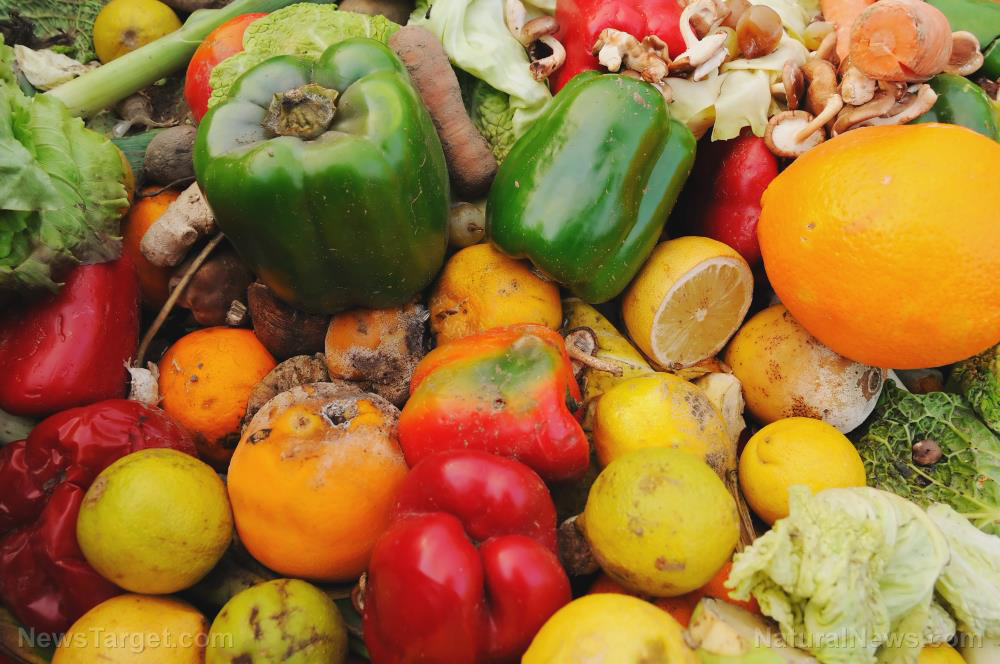10 loans or grants you can use to build your prepper dream retreat with little or NO money down
06/23/2017 / By JD Heyes

Over the past year or so, many of the world’s elite have been buying land in remote countries and locations, primarily because they see geopolitical trouble or domestic unrest on the horizon. In fact, as Bugout.news reported in April 2016:
Whether it’s due to terrorism and a massive influx of anti-West migrants in Europe or race relations, rising debt and decreasing economic opportunity in the United States, these global elite sense massive unrest is coming and they plan to sequester themselves from the worst of it.
But of course, the world’s super-rich have one asset most of the rest of us who also want to hedge our bets that the world as we know it won’t last forever: Money. They can literally buy any property they want, virtually anywhere in the country or the world, while also having the means to get there when things go bad.
Well, here’s some good news for us regular Joes and Janes — there are a number of grants and low- or no-interest loans available for anyone who really wants to get off the grid and establish their own bug out hideaway before stuff hits the fan.
“Agricultural grants are available to not only buy acreage for use as a homestead or prepper retreat, but to develop an agriculture business on the property, build necessary structures, improve the quality of the land, build fencing, and purchase livestock,” Homesteading.com reports. “You just have to know where to look and take the time to apply to get your self-reliant dream off the ground and closer to becoming a reality.”
So naturally, the U.S. Dept. of Agriculture is one of the primary sources for these kinds of residential loans and grants — which is perfect, because one of the things you’re going to need is land on which to grow and raise food. (RELATED: Is This YOU? 1 In 4 Americans Completely BROKE And In No Position To Help Themselves When SHTF)
Here are 10 of the best ways you can make your off-grid, out-of-the-way retreat a reality:
1. Beginning Farms USDA Loan: This is a low-money-down option with some payment assistance, and has no income restrictions. You can become a beginner farmer or rancher and apply. To qualify: You can not have owned or worked on a farm for 10 years.
2. USDA Rural Development: These are no- or extremely low money down loans offered for the purchase of agricultural land. Purchased land cannot exceed 20 acres, but there are no maximum income restrictions, either.
3. Fannie Mae Home Ready: This is a loan without an acreage restriction and permits borrowers to have in excess of 45 percent DTI (debt-to-income) ratio. Just a three percent down payment is all that’s required, and the interest rates are very low. Downpayment funds can even come from another government funding mechanism.
4. Farm Service Agency Operating Loan Program: Again, low- or no-money-down program that offers up to $35,000 to farmers for needed start-up expenses like buying livestock, seeds, fertilizer, crop plants, fencing and machinery.
5. National Sustainable Agriculture Commission: This program is suitable mostly for beginner farmers and socially disadvantaged farmers and ranchers.
6. Minority and Women: This USDA low- or no-money-down program provides funding for buying farmland specifically to women and minorities. Borrowers must meet a minimum 640 credit score required for all farm loans.
7. Agricultural Reinvestment Fund: Farmers in North Carolina can request $8,000 in funding to invest in improving existing farming operations each year.
8. Missouri Beef Grants: Ranchers and farmers in the Show-Me State can apply for $20,000 grants that can be used to improve existing agricultural operations or expand and modernize them.
9. Farmers Market Promotion: Another USDA program which is aimed at increasing “domestic consumption of, and access to, locally and regionally produced agricultural products, and to develop new market opportunities for” local farmers and ranchers, the department says on the program website. Lots of usage flexibility for these funds.
10. Organic Farming Research Foundation Grants: These are small grants given to organic farmers who want to improve their operations — land, farm buildings, fencing, etc.
J.D. Heyes is a senior writer for NaturalNews.com and NewsTarget.com, as well as editor of The National Sentinel.
Sources:



















